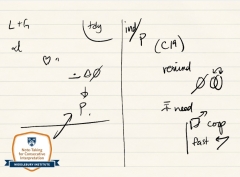How I Got Hired: Conference Interpreter, Nikon Research Corporation
| by Nozomi Ambe MACI ’23
Conference Interpretation graduate Nozomi (Zoe) Ambe shares how faculty support and the MIIS alumni network helped her launch a career as a professional interpreter.




